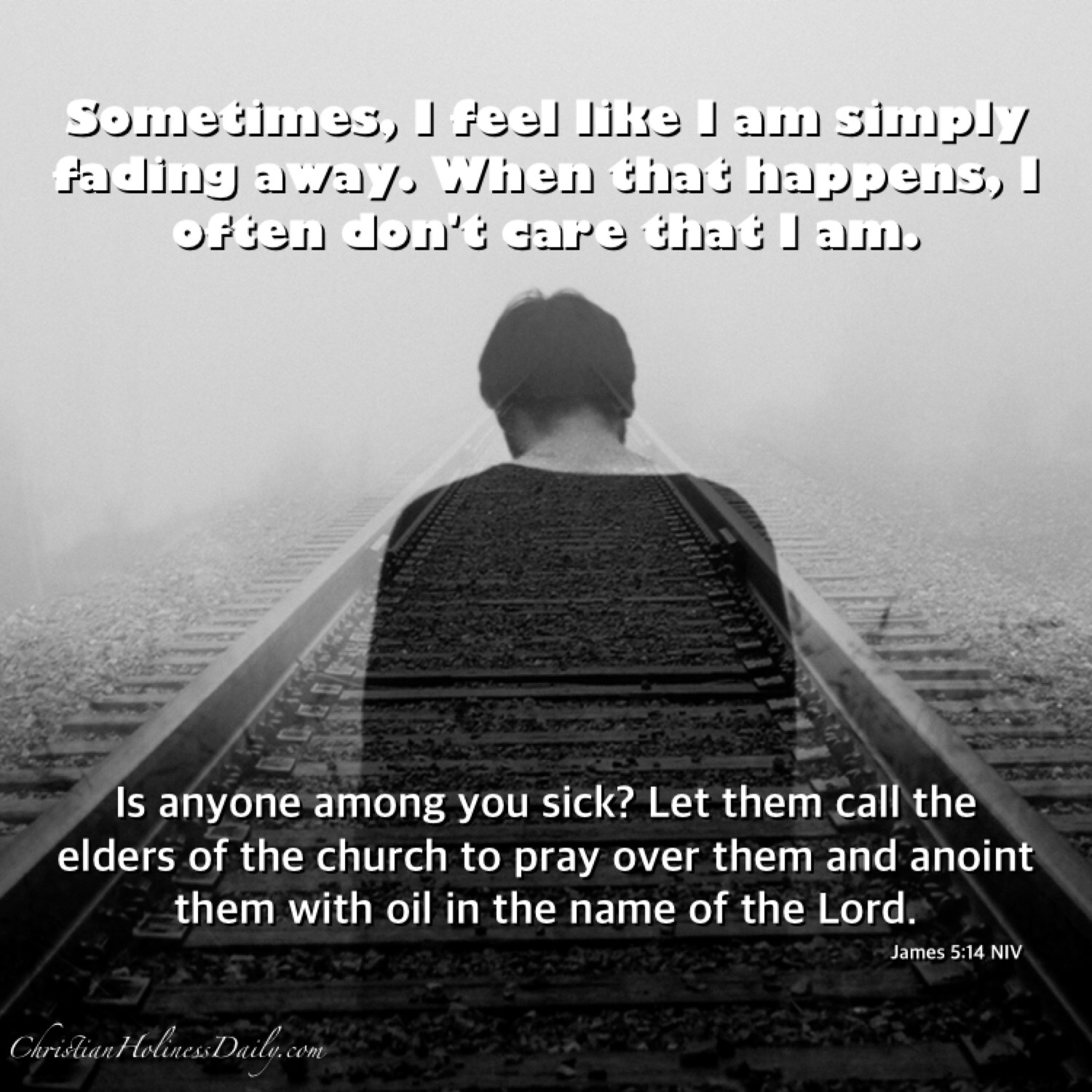
For several years I’ve been reading stories of the miraculous things happening in the persecuted Church: stories of Christ appearing to Muslims in dreams and visions; stories of Christians protected by angels; stories of lions appearing to rescue Christians about to be beheaded. Many more such stories have been told. Are they believable? I believe that God is working in miraculous ways.
I have communicated with a handful of Christians native to persecuted areas. Many have now vanished from social media and email. I know this about them: they felt abandoned by the Church in the West, if not by God; they felt alone.
It is in our nature to sometimes feel alone in the struggle of righteousness, even here in the US. It is both easy and self-serving to believe we are the only ones standing against the post-Christian version of Baal worship. In truth, the Church in the West may be fooling itself into believing we are a part of the Church at all. Our faith paddles in comparison to the faith of Christians in Africa.
We in America may be a type of Church of Pergamum while the Church in Africa and the Middle East is the Church at Smyrna (see Revelation 2:8-17).
Yet, know matter how often or to what degree any of us feel abandoned, we never stand alone. God always has a remnant. Just as Elijah knew nothing of his 7000 contemporaries who had not bowed down to Baal, Christians worldwide are refusing to bow to the false gods of this world. We are not alone, even when we stand unto death.
Christ said, “For I am with you always, even into the end of the earth.” He is with us, and there is always a remnant.

 In 2015, I had surgery to remove and scrape a lump of fluid from my leg. Turns out, it wasn’t fluid at all. The doctor had misread the MRI. It was an uncommon cancer called myxofibrosarcoma.
In 2015, I had surgery to remove and scrape a lump of fluid from my leg. Turns out, it wasn’t fluid at all. The doctor had misread the MRI. It was an uncommon cancer called myxofibrosarcoma. Martin Luther, it seems, so suffered from depression that he instructed his wife to be sure that he never retreated into a place too quiet or dark, and that his mind be continuously stimulated by people who lived and laughed. Luther felt that God had singled him out to suffer. He felt abandoned and alone, even when in the presence of company. He lost faith.
Martin Luther, it seems, so suffered from depression that he instructed his wife to be sure that he never retreated into a place too quiet or dark, and that his mind be continuously stimulated by people who lived and laughed. Luther felt that God had singled him out to suffer. He felt abandoned and alone, even when in the presence of company. He lost faith.